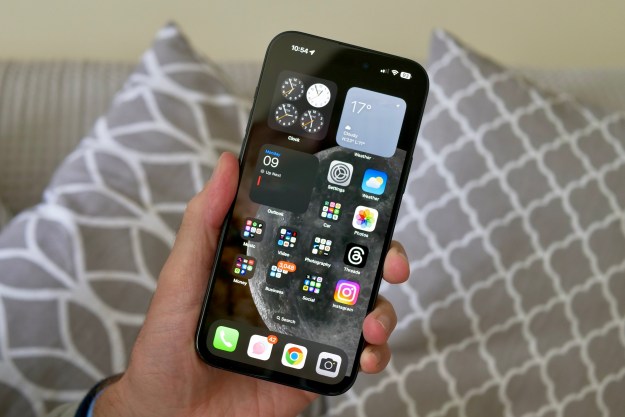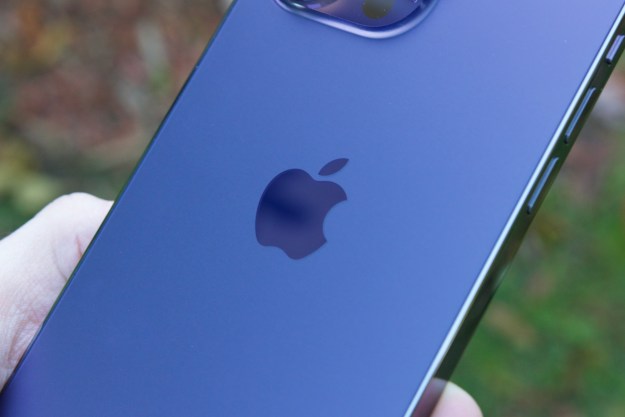Apple has added an option in the latest beta version of iOS 13.3.1 to disable a controversial Ultra Wideband feature in iPhone 11 devices that made use of user location information — even when all individual options for using location services were toggled off.
The issue was first raised last month when respected security research Brian Krebs pointed out a “curious behavior” in the iPhone 11 Pro: There is an option in iOS to turn off location services altogether, and users can choose to turn off select location services individually. Yet even when users turned off location services for all applications and systems services individually, the device would still seek location info.
There appeared to be some system services requesting location data, even when each instance of location services had been turned off. You can see this happening through the location services indicator, an arrow icon next to the time that comes on periodically.
In the following days, Apple responded to Krebs that “this behavior is tied to the inclusion of a short-range technology that lets iPhone 11 users share files locally with other nearby phones that support this feature, and that a future version of its mobile operating system will allow users to disable it.”
The feature is related to the Ultra Wideband radio technology which is supported by the iPhone 11’s U1 chip. The idea of this technology is to allow communications between devices with very low energy consumption, similar to a more efficient version of Bluetooth. It can be used for functions like sharing AirDrop files with other nearby devices. But the service does require the regular use of location services to check for compatible devices nearby.
Since this issue was revealed, privacy-minded iPhone 11 users have been waiting for the option to disable the Ultra Wideband feature, and it looks like a fix is on its way. An option to disable the feature was revealed by Apple YouTuber Brandon Butch on Twitter:
So iOS 13.3.1 beta 2 does have a new toggle to disable Ultra Wideband. pic.twitter.com/Tswt7V5GMV
— Brandon Butch (@BrandonButch) January 17, 2020
Butch located the toggle to disable Ultra Wideband in the beta version of iOS 13.3.1. To find the setting, users go to Privacy > Location services > System services. There is an option to toggle off Networking & Wireless, and when users toggle this a prompt informs them that this will affect various services including Ultra Wideband.
The location services issue only affects iPhone 11 devices, as they are the only ones which use the U1 Ultra Wideband chip. The general release of iOS 13.3.1 is expected for around early February, so users shouldn’t have too long to wait for a fix for this issue.
Editors' Recommendations
- A big iPhone update is right around the corner
- Nomad’s new iPhone case and Apple Watch band may be its coolest yet
- Here’s how Apple could change your iPhone forever
- This one thing could make iOS 18 the best iPhone update in years
- When will Apple release iOS 18? Here’s what we know



